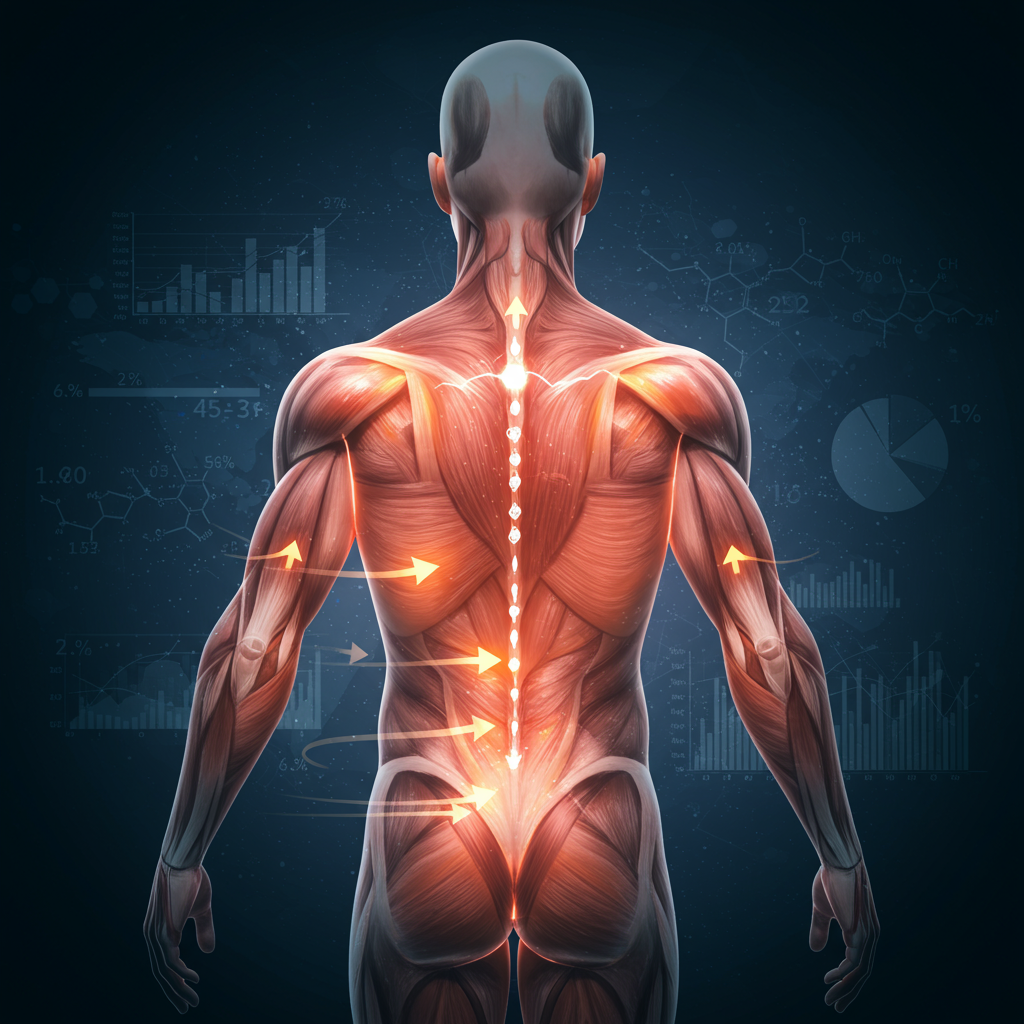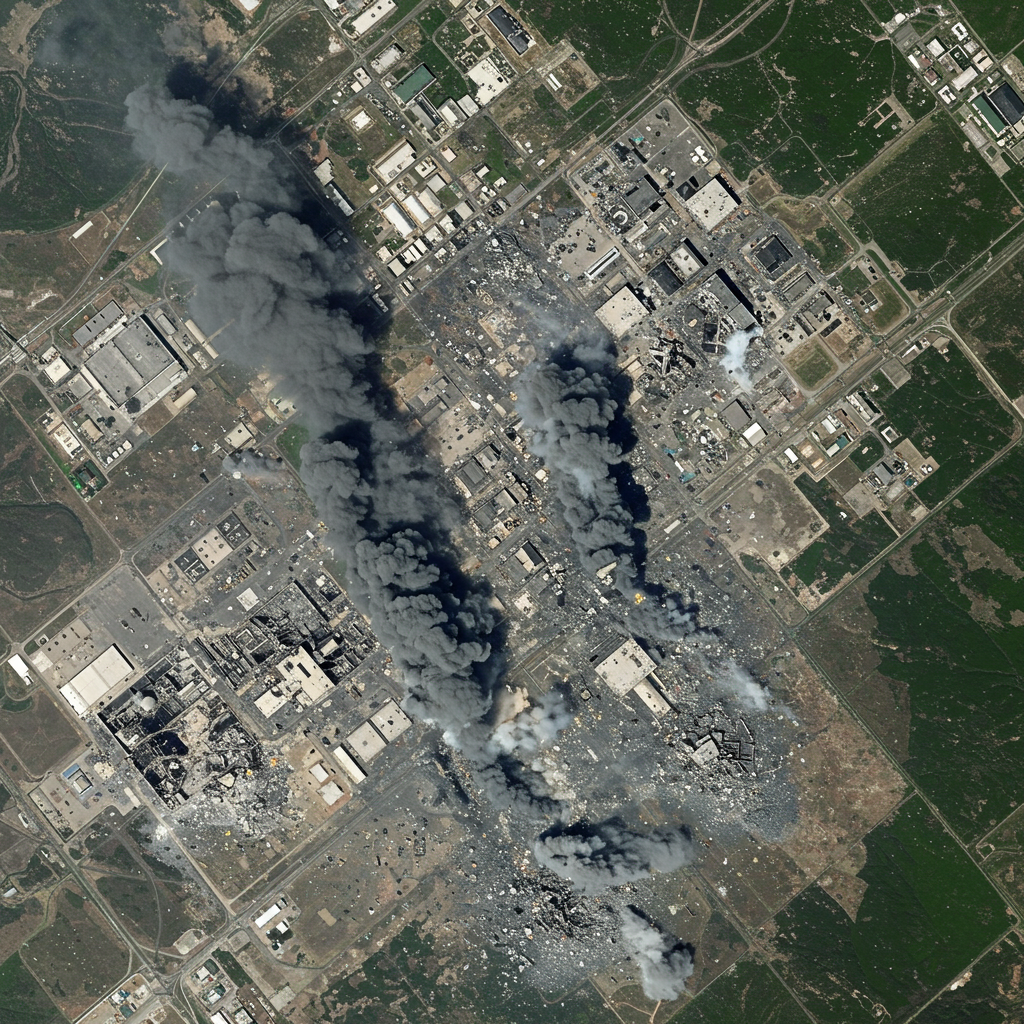New research is transforming our understanding of the human aging process, revealing that it doesn’t unfold at a steady pace. Instead, our bodies reach specific “turning points” where the rate of aging significantly speeds up. This groundbreaking insight moves beyond a simple chronological count, offering a detailed look at how different tissues and organs experience aging’s acceleration. Understanding these critical junctures could pave the way for more targeted interventions to promote healthier, longer lives.
The Body’s Biological Time Warp: Unpacking the Age 50 Inflection Point
For decades, scientists have sought to pinpoint the exact moments when human aging accelerates. A pivotal study led by scientists from the Chinese Academy of Sciences offers compelling answers. Published in the journal Cell, their extensive research suggests a major “aging inflection” occurs around age 50. This means that after mid-life, the trajectory of how our tissues and organs age becomes markedly steeper.
The researchers achieved this by developing sophisticated “proteomic age clocks.” These tools analyze how the thousands of proteins within different human tissues change over time. Their comprehensive analysis included 76 organ donors, aged between 14 and 68. Samples covered seven of the body’s major systems: cardiovascular, digestive, immune, endocrine, respiratory, integumentary (skin), and musculoskeletal, alongside blood.
By meticulously cataloging protein levels, the study revealed significant “proteomic remodeling” — a profound change in protein composition — occurring between the ages of 45 and 55. This period precisely pinpoints the phase of accelerated aging. Among the various tissues, blood vessels, particularly the aorta, showed the earliest and most pronounced susceptibility to aging. The pancreas and spleen also exhibited sustained, age-related protein alterations.
Unmasking Disease Markers and Validating Findings
The research wasn’t just about identifying acceleration points; it also uncovered deeper connections. Scientists identified 48 specific disease-related proteins whose expression levels increased with age. These proteins are linked to a spectrum of chronic conditions, including cardiovascular diseases, tissue fibrosis, fatty liver disease, and liver-related tumors. This connection suggests that the very proteins indicative of aging acceleration are also implicated in the onset of age-related illnesses.
To further validate their findings, the team conducted a crucial experiment using mice. They isolated an aging-associated protein from the aortas of older mice. When this protein was injected into younger mice, the results were striking. The treated young mice showed reduced physical performance, diminished grip strength, lower endurance, and impaired balance and coordination. Crucially, they also displayed prominent markers of vascular aging. This direct evidence strongly supports the link between specific proteins and accelerated aging, especially within the vascular system.
Beyond Chronological Age: How External Factors Speed Up Aging
While internal biological clocks dictate much of our aging trajectory, external environmental factors play a significant and often overlooked role. Recent research highlights how our surroundings, particularly extreme heat, can dramatically accelerate our biological age at a cellular level. This concept is often measured through “epigenetic age acceleration.”
Epigenetic clocks assess biological age by analyzing DNA methylation. These chemical markers act like on/off switches for our genes, influencing their function without changing the underlying genetic code. Changes in these methylation patterns, heavily influenced by environment, lifestyle, and stress, can impair the body’s ability to repair itself and fight disease.
Multiple studies reinforce this alarming link:
German Study (2023): Groundbreaking research established a direct link between higher air temperatures and faster cellular aging. It found that for every 1°C increase in average annual temperature, individuals exhibited signs of accelerated cellular aging.
Taiwan & U.S. Studies: Replications in Taiwan and a study on over 3,500 U.S. adults aged 56 and above confirmed these findings. Long-term heat exposure (one to six years) was consistently associated with epigenetic aging. For instance, people living in consistently hot areas, like Phoenix, appeared biologically about 14 months older epigenetically than those in cooler regions, even after controlling for socioeconomic and lifestyle factors.
This accelerated biological aging, even by a few months, signifies “tremendous strain” on individuals and healthcare systems. It’s linked to an earlier onset of serious health issues, including dementia, diabetes, and cardiovascular disease.
The Mechanisms of Heat-Induced Aging: Oxidative Stress and Vulnerability
How does heat exact this toll on our bodies? Scientists explain that heat exposure induces alterations in DNA methylation and, critically, leads to oxidative stress. Oxidative stress is caused by unstable free radicals that damage DNA, cell membranes, and proteins. This damage significantly contributes to the aging process and increases vulnerability to various health problems. Heat is essentially an “extra strain on all your physiological systems” necessary to maintain the body’s balance.
Certain demographics are disproportionately affected. Women, individuals with obesity, and those with Type 2 diabetes are particularly vulnerable. Women tend to sweat less efficiently, while people with diabetes often have reduced blood flow to the skin, impeding heat release. Body fat also acts as insulation, trapping heat. Disturbingly, the risks of accelerated aging due to environmental stressors like drought can even begin before birth, impacting children’s DNA methylation patterns due to maternal stress during pregnancy. This underscores the profound, systemic impact of our environment on long-term health.
Lifestyle: Your Ally in Modifying the Aging Trajectory
The good news is that while aging is inevitable, its pace and impact are often “modifiable.” Researchers consistently highlight the importance of lifestyle interventions in influencing the effects of aging. Regular physical activity, a balanced and nutrient-rich diet, and effective stress management techniques are not just general health advice; they are powerful tools to slow down cellular and biological aging.
These healthy habits can counter the molecular damage caused by factors like oxidative stress. They support the body’s natural repair mechanisms and help maintain proteostasis — the balance of proteins vital for cellular function. Integrating heat mitigation strategies, such as increasing shade in urban areas, can also directly support healthier aging, especially for vulnerable populations. This holistic approach empowers individuals to actively participate in their own longevity journey.
Challenging Conventional Wisdom: The Taurine Debate
In the quest for anti-aging breakthroughs, certain compounds often garner significant attention. Taurine, an amino acid, has been one such substance, with previous research suggesting its levels decline with age and that supplementation could offer anti-aging benefits. However, a comprehensive new study published in Science significantly challenges these assumptions.
This new research, which utilized both cross-sectional and crucial longitudinal data (tracking the same individuals over time), found that taurine levels did not decline with age in the studied human, monkey, and mouse cohorts. In fact, in many cases, taurine levels either increased or remained stable across adulthood. This contradicts the very premise that an age-related decline in taurine explains its purported anti-aging benefits.
The study’s findings suggest that low taurine is unlikely to serve as a reliable biomarker of aging. While individual taurine levels can vary greatly, the consistent age-related decline previously hypothesized was not observed. While research into taurine’s basic mechanisms continues, there is currently no clinical evidence to support taking taurine supplements for anti-aging purposes. This underscores the need for rigorous, long-term human studies before drawing definitive conclusions about any anti-aging intervention.
The Future of Anti-Aging Research: Targeted Interventions
The ultimate goal of this evolving research is to construct comprehensive, multi-tissue proteomic atlases that map the entire human aging process. Such detailed insights will illuminate the precise mechanisms behind proteostasis imbalance in aged organs, revealing both universal and tissue-specific aging patterns. This systems-level understanding of human aging, viewed through the lens of proteins and epigenetics, lays crucial groundwork for future medical advancements.
By understanding when and how different parts of the body age, and what factors accelerate or decelerate this process, scientists can develop highly targeted interventions. These could include novel therapeutics, lifestyle recommendations, or environmental policies designed to improve the health and well-being of older adults. The journey to a longer, healthier life is becoming increasingly data-driven and personalized.
Frequently Asked Questions
What specific age does the human aging process significantly accelerate, according to recent studies?
Recent groundbreaking research, particularly a study from the Chinese Academy of Sciences published in Cell, indicates that the human aging process undergoes a significant acceleration, or “inflection point,” around age 50. While changes begin between 45 and 55, the most marked acceleration in protein remodeling and tissue aging occurs closer to the 50-year mark. This study found that blood vessels, such as the aorta, show some of the earliest and most susceptible signs of accelerated aging.
Beyond natural progression, what external factors can accelerate biological aging?
Beyond our internal biological clocks, external environmental factors like extreme heat significantly accelerate biological aging. Studies, including those from German and U.S. researchers, show that consistent exposure to higher temperatures can speed up “epigenetic aging,” leading to a biological age that outpaces chronological age. This occurs by inducing oxidative stress and altering DNA methylation patterns. Vulnerable groups include women, individuals with obesity or Type 2 diabetes, and even those exposed to severe stressors like drought in utero.
Is taurine an effective anti-aging supplement, according to current research?
A comprehensive new study published in Science challenges the idea that taurine is a reliable anti-aging supplement or biomarker. While previous cross-sectional studies suggested taurine levels decline with age, this new research, utilizing longitudinal data, found that taurine levels actually increased or remained stable in human, monkey, and mouse cohorts. Therefore, low taurine is unlikely to be a universal feature of aging. Currently, there is no clinical evidence to support taking taurine for anti-aging purposes, though research into its basic mechanisms continues.




